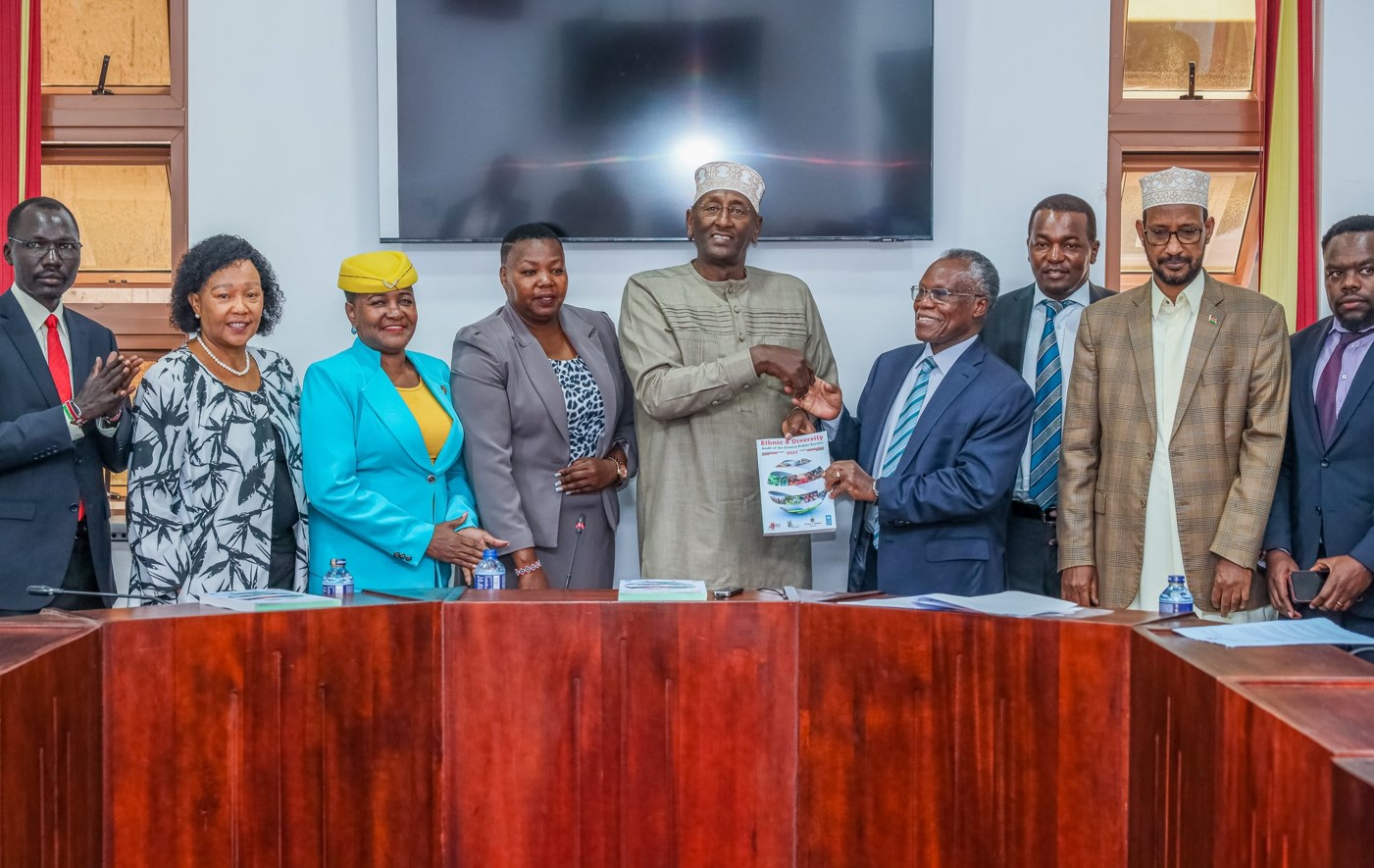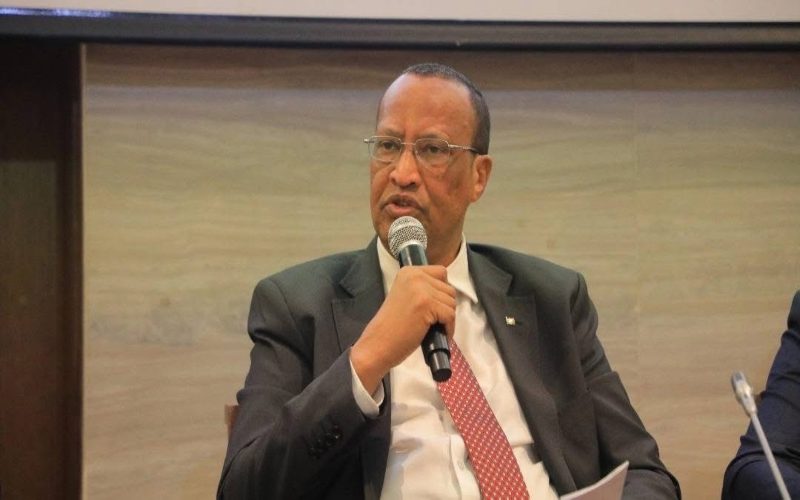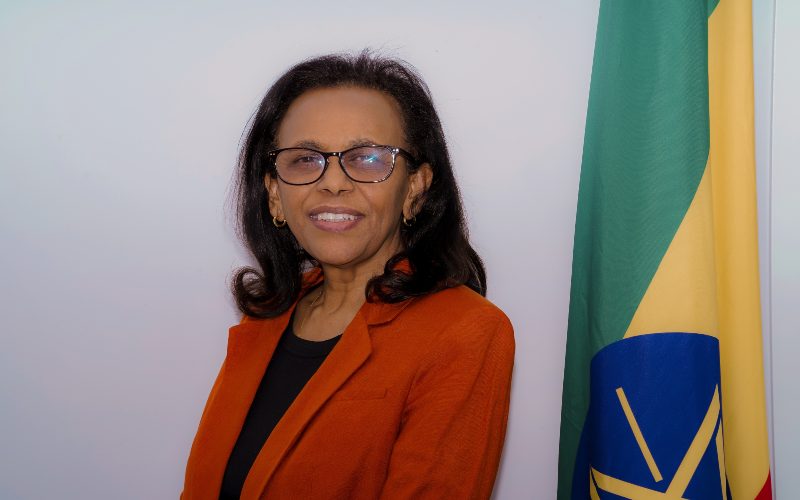Senate flags 29 state agencies for age violations, ethnic imbalance in workforce

The Committee led by Marsabit Senator Mohamed Chute, raised concerns over the dominance of Kalenjin and Kikuyu communities in the workforce of these agencies while marginalised communities like Tharaka, El Molo, Rendile and Mijikenda were underrepresented.
At least 29 state agencies have been put on the spot for retaining employees beyond the mandatory retirement age and failing to meet ethnic composition requirements.
A report by the Senate's Committee on National Cohesion, Equal Opportunity, and Regional Integration, highlights violations of employment policies, showing that some agencies had employed individuals over 60 years old, while others failed to meet the required five per cent quota for Persons with Disabilities (PWDs).
More To Read
- High Court upholds 60-year mandatory retirement age, dismisses discrimination petition
- Bill proposes retirement age of 60 for top police bosses
- Kenyans using pensions for school fees, housing, raising alarm on retirement readiness
- Bomet, Kirinyaga, Elgeyo Marakwet among 32 counties where ethnic bias in staff hiring is rampant
- Three Mandera residents sue Governor Mohamed Khalif over ethnic imbalance
- Anti-Counterfeit Authority put on notice over ethnic, gender imbalance
The Committee led by Marsabit Senator Mohamed Chute, raised concerns over the dominance of Kalenjin and Kikuyu communities in the workforce of these agencies while marginalised communities like Tharaka, El Molo, Rendile and Mijikenda were underrepresented.
Among the agencies named are Kenya Electricity Transmission Company (KETRACO), Kenya Veterinary Vaccines Production Institute (KEVEVAPI), Kenya Industrial Research and Development (KIRDI), Uwezo Fund Oversight Board, National Irrigation Authority (NIA), Kenya Electricity Generating Company (KENGEN), Energy and Petroleum Regulatory Authority (EPRA), and Geothermal Development Company (GDC).
Other notable agencies include Kenya Seed Company, Teachers Service Commission (TSC), Kenya Medical Research Institute (KEMRI), Kenya Medical Supplies Authority (KEMSA), and Kenya Agricultural & Livestock Research Organisation (KALRO).
Audit
In the report, the Committee has directed the Public Service Commission (PSC) to conduct an audit of the laws on inclusivity within one year and identify any potential legislative gaps.
“The PSC must submit possible amendments to the Senate to promote inclusivity in employment across all State Agencies and provide quarterly reports to the Senate,” reads the report.
The members also criticised the agencies for relying solely on print and electronic media to advertise job opportunities, excluding other means of recruitment.
The report delved into the workforce demographics of specific agencies. For example, KETRACO employs 540 staff members, of whom 155 are female and 385 are male.
The Kalenjin community accounts for 25 per cent (128 employees), while Kikuyus and Luhyas follow at 16 per cent (80 employees) and 14 per cent (69 employees), respectively.
KEMSA, with a total workforce of 2,164, has 870 female and 1,294 male employees. Kikuyus make up 23 per cent, followed by Luos at 16 per cent, and Luhyas at 14 per cent.
KEFRI, which has 852 employees, including 326 females, retains around 16 employees over the age of 60.
While the committee lauded these agencies for largely complying with the two-thirds gender rule, it expressed frustration that several had not yet submitted their human resource instruments to the PSC for approval. As a result, the Senate directed the agencies to develop progressive human resource policies that align with legal provisions, enhancing inclusivity in their staffing structures.
The committee also emphasised the need for short-term contracts and internships to improve the representation of underrepresented groups, including women, persons with disabilities, youth, and marginalized communities.
"State Agencies should adopt recruitment terms such as short contracts and internships to improve the representation of women, persons with disabilities, youth, and minorities," reads the report.
Top Stories Today















































